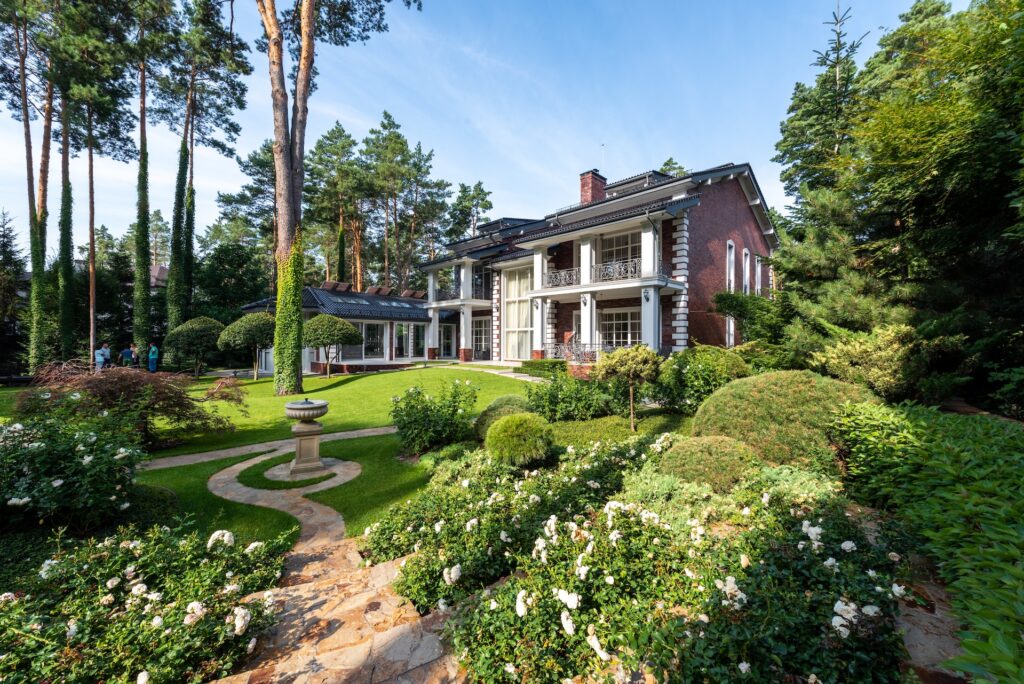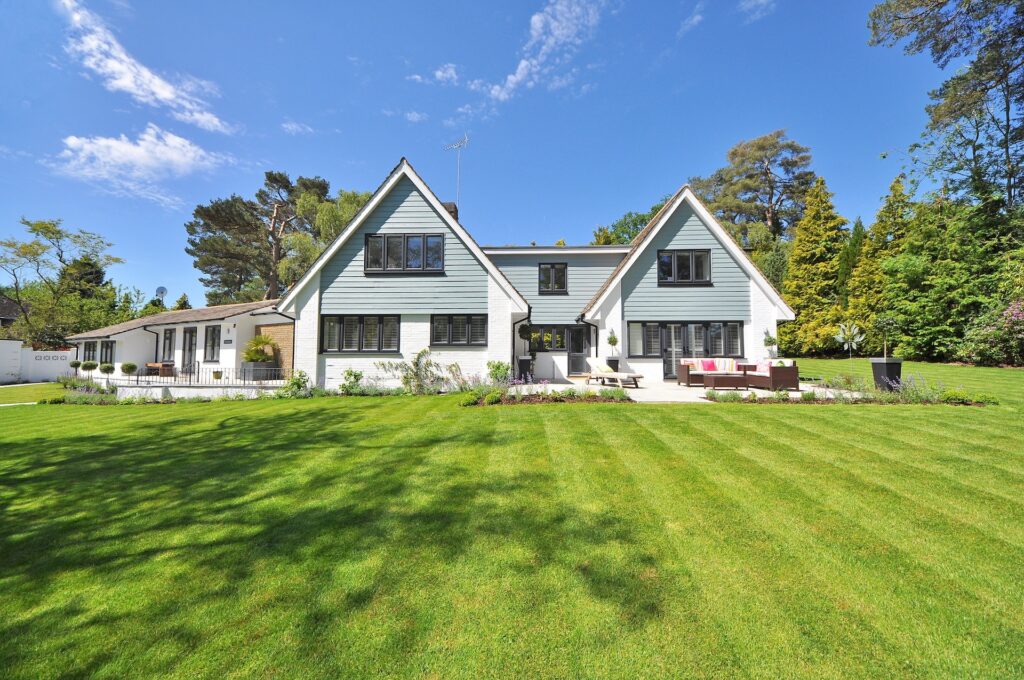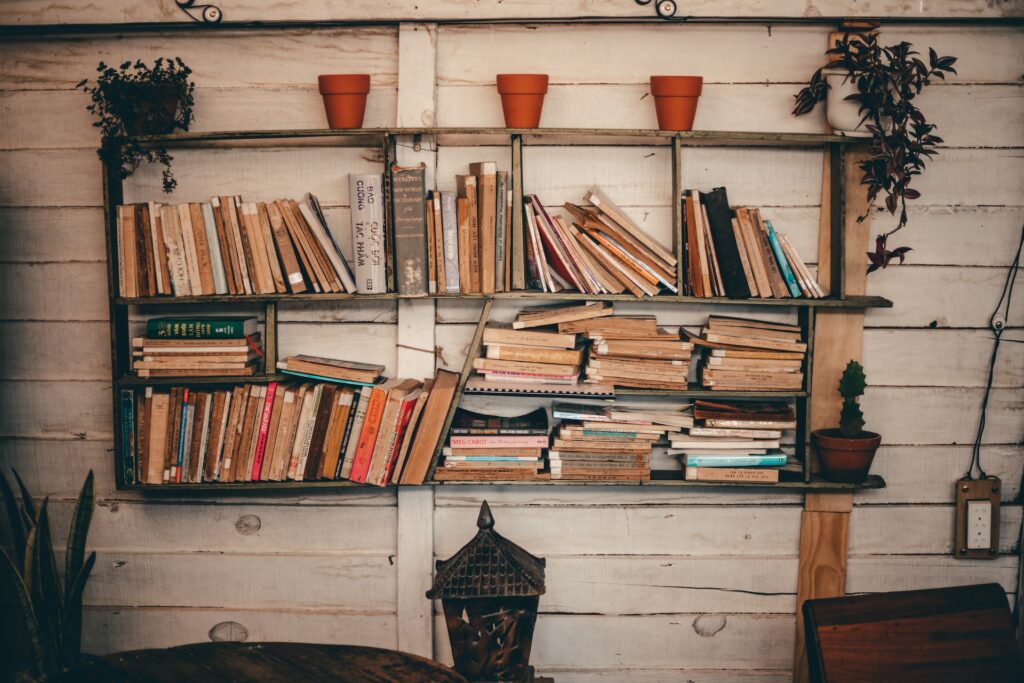Is it better to rent vs buy your home? In these articles we cover all aspects required on your journey to establishing the best path for your personal situation. The follow articles provide template spreadsheets to help your research around the subject:
RENT VS. BUY SERIES SUMMARY RENT VS. BUY SERIES SUMMARY
When assessing whether to buy or rent a house, it really depends completely on your financial situation. Furthermore, what are your current and future goals regarding flexibility and security? Nothing else really comes into it.
The following articles show the perspective of how institutions navigate their way through the rent vs. buy conundrum. We evaluate the effects it has on their wealth generation, internal operations, and the takeaways from their approach. Furthermore, we have provided spreadsheet templates, first showing the association between buying vs. renting your own residence. Moreover, the influence it has on the future growth of your wealth over a 5- to 25-year period. Secondly, the evaluation of a specific scenario and whether, at that moment, the property is better to rent or buy. The spreadsheets are adaptable in order to meet the personal situation of any user. Although, it doesn’t all come down to the money side of things. There is a huge emotional influence that impacts the decision and could be termed more important than the financials. Emotional aspects are key drivers within the decision-making process, which the balance of this article addresses. You need to be happy in your own home, and this needs to be a priority.
RENT VS. BUY: THE DIFFERENCE BETWEEN YOUR OWN RESIDENCE
There are good and bad elements to renting and buying. Buying a home gives you ownership security, privacy, home equity, and the satisfaction of owning your own property. Although there is an opportunity cost, it’s expensive when it comes to repairs, loan repayments, and insurance.
Renting has no maintenance costs and is more flexible. Although you may have to deal with rent increases and no long-term security of tenure.
RENT VS. BUY THE HOME YOU LIVE IN: THE PROS AND CONS
ADVANTAGES OF OWNING A HOME
- You pay into your future; monthly payments build your equity, and as you pay down your mortgage, you become closer to being debt-free. You gain the satisfaction and pride of ownership without having to make monthly commitments.
- Asset appreciation: the home will likely increase in value over time depending on the market and maintenance conditions. To realise this gain, you can either refinance or dispose of your assets to upgrade or downscale.
- Tax advantages: you save capital gain tax on disposal due to the property being your principal private residence.
- Freedom: you can renovate or extend (STP) to your heart’s content, and no landlord can stop you. This is also a way to increase the value of the property.
DISADVANTAGES OF OWNING A HOME
- Flexibility: Owning your property makes relocation slow and cumbersome, as it’s not as simple as terminating a lease. Disposal of the home takes approximately 6 months. Retaining ownership and renting requires negotiation with the lender, and leaving the home empty presents a significant opportunity cost.
- Higher expenses: such as home insurance, continued maintenance, and taxes like stamp duty, all come into play when buying your own home. The main aspect is maintenance, you are essentially your own landlord. This holds you responsible for all the liabilities, such as roof leaks and boiler breakages.
- Capital expenditure: a deposit is required, typically between 15% and 100% of the value of the property. This creates an opportunity cost for the money, which needs to be factored into the calculation.
ADVANTAGES OF RENTING A HOME
- Reliable costs: there are no maintenance requirements, so you never have the burden of repair costs, which makes monthly budgeting easy and reliable. It gives you the ability to scale up or down depending on your current financial situation.
- Cheaper in the short term: low security deposit required compared to purchase deposit and stamp duty
- Ability to invest: with the deposit money retained and monthly savings, the ability to invest in alternative assets that might be higher yielding
- Flexibility of location: it’s much easier to get out of a lease than a mortgage. Gives people with no geographical commitment the ability to move when necessary.
DISADVANTAGES OF RENTING A HOME
- Rent keeps rising; inflation, competition, and rising property values will cause the rent to go up. Although it depends on your landlord how often this is enforced.
- Security of tenure: commonly, tenancies are fixed for 6–12 months. This is soon to change with the Renter’s Reform Act, which will place the security of tenure at less of a disadvantage as the act is very tenant-friendly.
- No wealth creation: there is nothing in the way of tax incentives, or benefits from rising property values if you are not investing in other assets.
- Restrictions: You don’t have creative free rein to make the house your perfect home if the landlord doesn’t agree. Decorating requires landlord consent, which they are not obliged to give.
WHEN TO RENT & WHEN TO BUY THE HOME YOU LIVE IN?
RENTING
Renting is not a waste of money; sure, you’re giving money away to a landlord, but you’re paying to live somewhere, which can’t be a bad thing if you are maximising your capital in other ways. There will be a time when renting doesn’t make sense and you want to put down roots and gain security. Although in the following situations, it’s likely better to rent than to buy:
Where you plan to move in a couple of years.
In situations where there’s no exact location plan due to your work commitments or you’re not crazy about where you currently live. Why would you buy a house there unless you were adding value through a renovation project? There’s little point in buying if you know you’re likely to move in a couple of years. The fees involved in entering and exiting an owned property are high. If you haven’t actively added value to the property over that time, you will likely lose money. This is because the market doesn’t have time to appreciate and cover the fees. Common fees are as follows: real estate agents, legal representatives, and stamp duty. So, it’s essential to put down roots or have a strategy for adding value before you buy. If you don’t have these aspects, it’s worthwhile renting.
Paying off debt.
Renting is advised if you’re paying off debt. Paying off credit card bills or any other debt is easier when you can plan your budget. When renting, you have expenses that are not going to change month to month, such as a fixed rent. The best course of action is to make a clear plan to eradicate the debt first and then start saving.
You need time to figure out your next path.
When you’re in a period of limbo and need time to figure out your next path. Renting is a great way to buy time to plan your next move, as buying a house is a long-term commitment. If you’re unsure about relationships, neighbourhoods, or proximity to the in-laws, renting is the smartest option.
BUYING
Buying a home is always seen as a big personal achievement, which gives a sense of great personal satisfaction. It’s not always the best decision to buy. Although the following scenarios give examples of when it would be more favourable to buy.
Require security of tenure.
When you require security of tenure in a certain property or area in order to build a family. This can be for school catchment areas, proximity to family, friends, or work. Other reasons could be that a specific property is required for work functions, such as a farm.
Your financial house is in order.
If your financial house is in order, meaning you have an emergency fund in place. Furthermore, you have a sufficient deposit that aligns your mortgage repayments with your planned monthly expenses. Finally, if you have an investment plan separate from your home purchase, you’re in a good financial position to buy.
SUMMARY
There are many factors to consider when committing to either buying or renting for a period of time. To be clear, renting or buying your own home is not a way of life. It should be continually evaluated when your circumstances change.
Long-term ownership of property is a great earner and is commonly people’s best investment they’ve ever made. Although you need to be sure it’s a blessing and not a continual curse on you and your family. Renting provides absolute flexibility and the ability to be patient when your life is not completely figured out yet. In some circumstances, renting gives you the ability to build your total wealth at a faster rate. Whereas, in some instances, that’s less important and emotional aspects such as security and the pride of ownership might prevail.
This is not a series that tells you what to do. It’s here to highlight factors you may not have considered to help you make a well-rounded decision on whether to rent or buy.





